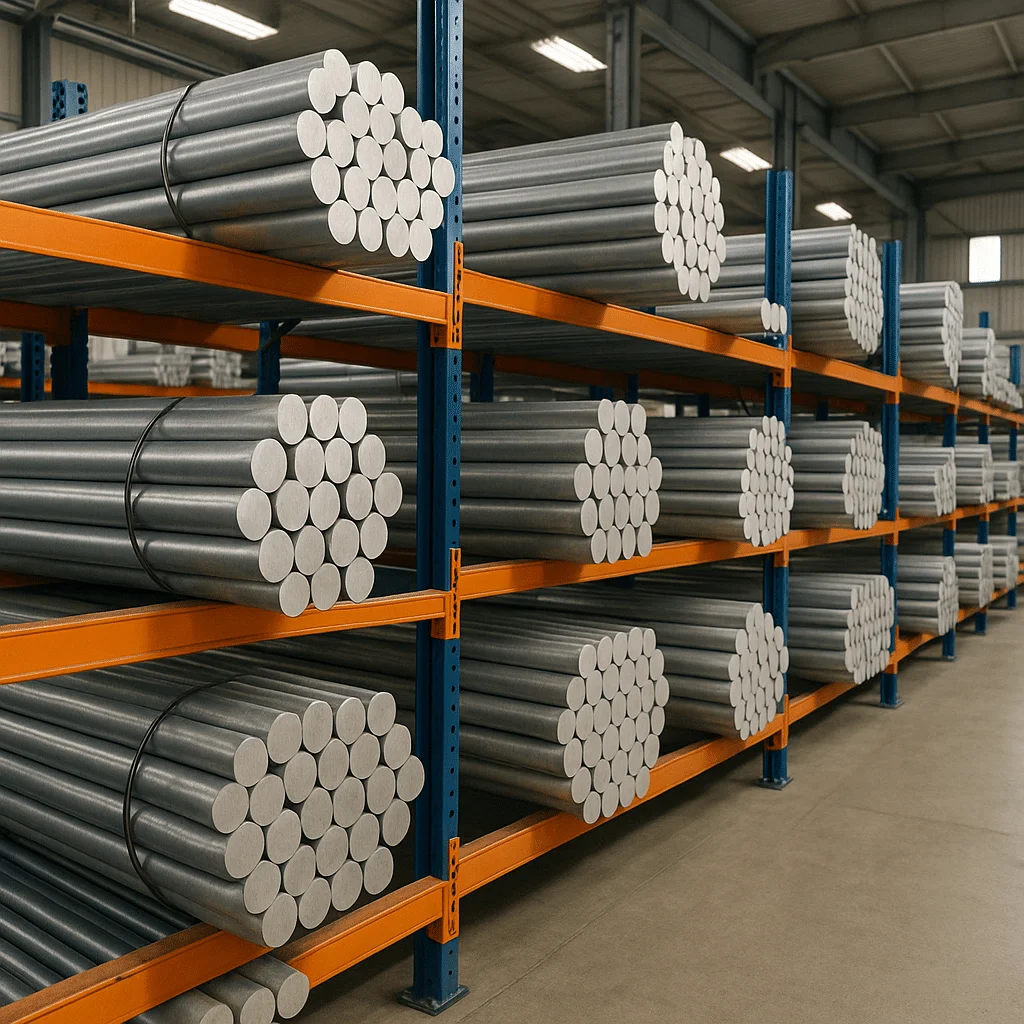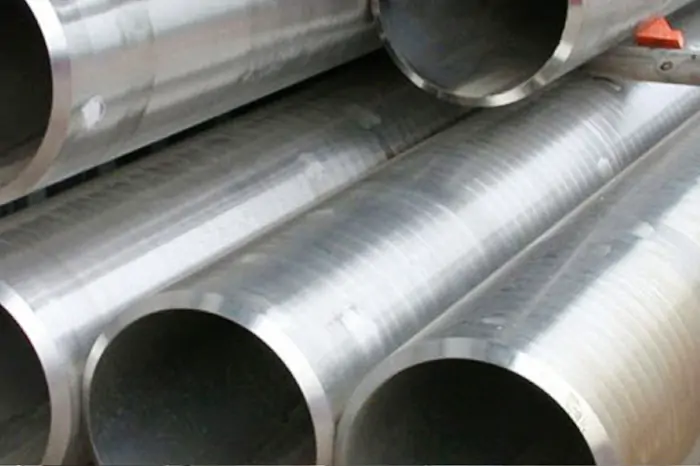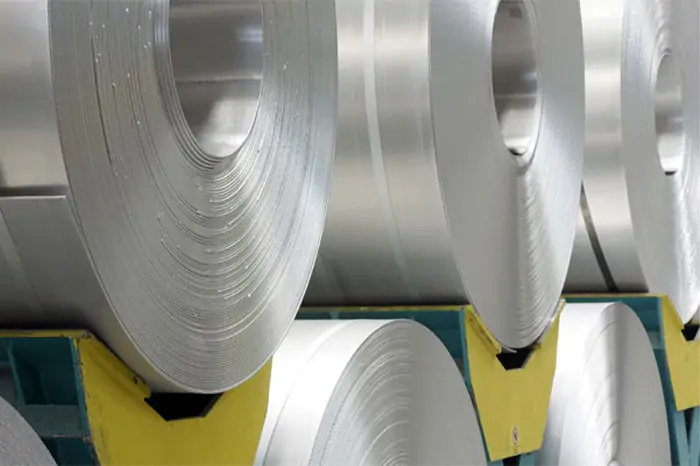Corrosion is a major challenge in many industries, from construction to automotive and beyond. It weakens structures, damages machinery, and can lead to costly repairs or replacements. Fortunately, corrosion-resistant alloys can help combat this issue. In this article, we’ll explore the different types of corrosion-resistant alloys, their properties, and where they are commonly used.
Table of Contents
ToggleBefore diving into the alloys, it’s important to understand what corrosion is. Corrosion is the gradual destruction of materials, usually metals, through a chemical reaction with their environment. This process can lead to significant material loss and structural failure.
Corrosion resistance is crucial because it prolongs the life of metals, reducing maintenance costs and preventing failures. Industries like aerospace, marine, and construction rely on corrosion-resistant materials to ensure safety and longevity.
Common Types of Corrosion-Resistant Alloys
There are several alloys known for their corrosion resistance. Here, we’ll discuss some of the most widely used types.
Stainless Steel
Stainless steel is one of the most well-known corrosion-resistant materials. It contains chromium, which forms a protective layer on the surface, preventing further corrosion.
Types of Stainless Steel
- Austenitic Stainless Steel: This type is non-magnetic and offers excellent resistance to corrosion. It’s commonly used in kitchen appliances and medical equipment.
- Ferritic Stainless Steel: Magnetic and less corrosion-resistant than austenitic, but still useful in automotive parts.
- Martensitic Stainless Steel: Known for its strength and used in knives and cutting tools.
Nickel Alloys
Nickel alloys are highly resistant to corrosion and can withstand high temperatures, making them ideal for harsh environments.
Popular Nickel Alloys
- Inconel: Excellent for high-temperature applications like jet engines.
- Monel: Used in marine applications due to its resistance to seawater.
- Hastelloy: Resistant to both oxidizing and reducing acids.
Titanium Alloys
Titanium alloys are lightweight yet strong and resist corrosion well. They are often used in aerospace and medical implants.
Key Characteristics
- High Strength-to-Weight Ratio: Makes them perfect for aircraft components.
- Biocompatibility: Suitable for medical devices.
Aluminum Alloys
Aluminum alloys are known for their lightweight and corrosion resistance. They are commonly used in transportation and packaging.
Advantages of Aluminum
- Lightweight: Reduces fuel consumption in vehicles.
- Non-toxic: Safe for food packaging.
Copper Alloys
Copper alloys, such as brass and bronze, offer good corrosion resistance and are often used in plumbing and electrical applications.
Common Copper Alloys
- Brass: Known for its acoustic properties, used in musical instruments.
- Bronze: Common in sculptures and bearings due to its wear resistance.
Factors Affecting Corrosion Resistance
Several factors influence the corrosion resistance of an alloy, including:
Composition
The elements within an alloy determine its ability to resist corrosion. For example, chromium in stainless steel forms a passive layer that protects against corrosion.
Environment
The environment plays a significant role. For instance, marine environments are particularly corrosive due to saltwater, requiring more robust materials like nickel alloys.
Temperature
High temperatures can accelerate corrosion processes, requiring alloys like Inconel that maintain integrity under heat.
Selecting the Right Corrosion-Resistant Alloy
When choosing an alloy, consider the following:
- Application: The specific use will dictate which properties are most important.
- Environment: Consider factors like humidity, temperature, and exposure to chemicals.
- Cost: Balance the initial investment with long-term savings from reduced maintenance.
Practical Applications
- Construction: Stainless steel is often used in structural components.
- Marine: Monel and bronze are popular in shipbuilding and offshore drilling.
- Aerospace: Titanium and nickel alloys ensure safety and performance in aircraft.
Conclusion
Corrosion-resistant alloys are essential in various industries, providing durability and longevity to metal structures and components. By understanding the types of alloys available and their properties, you can select the right material for your needs. Whether it’s stainless steel for your kitchen or titanium for aerospace parts, choosing the right alloy can save money and prevent failures.
Incorporating corrosion-resistant materials into your projects ensures safety, efficiency, and cost-effectiveness. By prioritizing corrosion resistance, you can enhance the lifespan and performance of your products and infrastructure.









